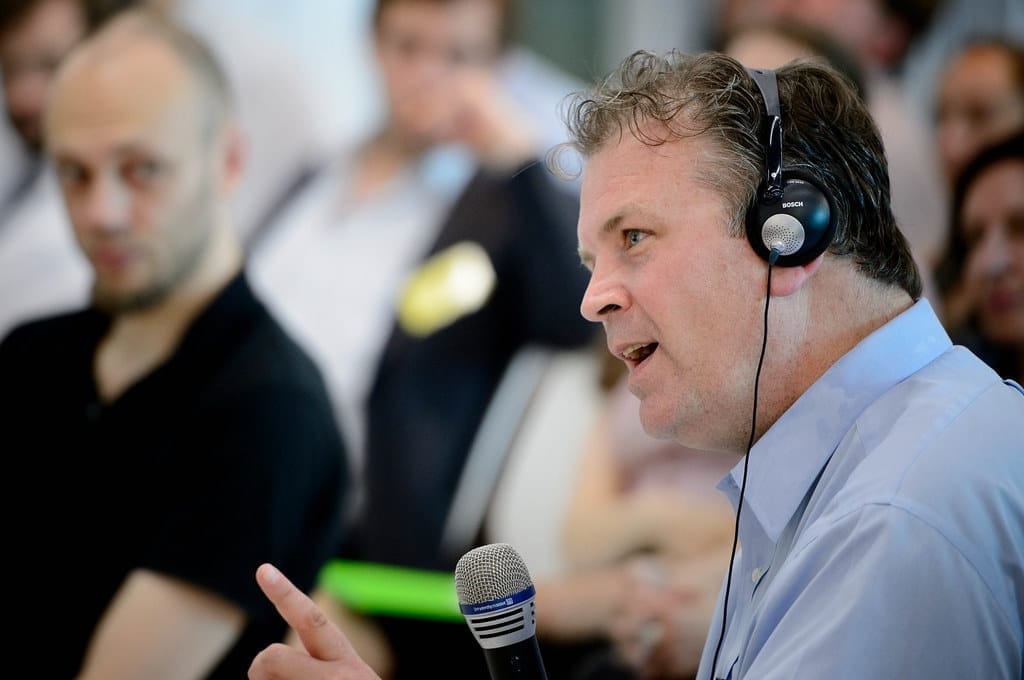U.S. Government Not Prepared for Conflict Over Subsea Cable
Incidents in the Baltic Sea, Red Sea, and near Taiwan have drawn attention to the security risks posed by potential sabotage
Clara Easterday

WASHINGTON, March 24, 2025 – Recent disruptions to undersea communication cables have raised alarms over the vulnerability of critical infrastructure amid growing geopolitical tensions.
In an article published last week, analysts said that to address this growing issue, the National Security Council should be given greater authority and capacity to implement stronger policies and ensure accountability. The article said that the Navy should take the lead, in cooperation with the Coast Guard and the intelligence agencies.
“More work needs to be done to disentangle various U.S. government entities charged with securing undersea cables. One challenge for American policymakers is the sheer number of federal entities with stakes in the game,” according to authors Peter Dombrowski at Naval War College and Bruce Jones at the Brookings Institution, writing in Foreign Policy.
Incidents in the Baltic Sea, Red Sea, and near Taiwan have drawn attention to the security risks posed by potential sabotage. Last November, breaks in two Baltic Sea cables followed similar damage a year earlier. In February, three undersea cables were severed in the Red Sea. Taiwan’s Coast Guard is investigating whether a Hong Kong-owned vessel intentionally cut a fiber optic cable linking the island to global networks.
The stakes are high for the United States. U.S. technology giants, including Meta and Google, are major stakeholders in undersea cables, which also carry over $10 trillion in daily financial transactions. The U.S. military relies on these networks for command-and-control operations.
Russia has emerged as the leading threat to subsea infrastructure, with reports of its ships operating near crucial energy grids and communication lines. Finland’s government has suggested Russia’s shadow fleet may be involved in cable disruptions.
In comparison to Russia, China’s role appears to be limited. China’s involvement in the global economy means that it is reliant on the fiber cables that support so many global financial transactions, meaning China has an incentive to maintain the undersea cables.
Experts warn that advances in underwater robotics could further increase the risk of sabotage. In response, security officials advocate for enhanced deterrence strategies, including faster cable repairs, improved detection capabilities, and covert countermeasures.









Member discussion